
Hiranandani to invest Rs 3,000 crore in 2012 on realty projects
Mumbai-based developer Hiranandani Constructions will invest up to Rs 3,000 crore next year on various realty projects across the country.

Mumbai-based developer Hiranandani Constructions will invest up to Rs 3,000 crore next year on various realty projects across the country.
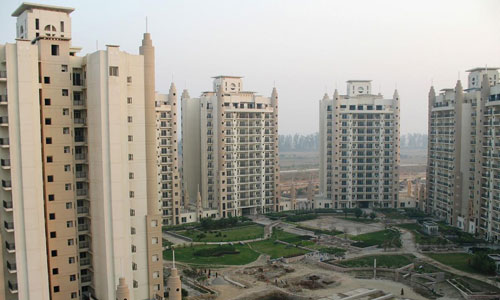
Seeking to address the concern of real estate developers over delay in getting approval of the projects, government today announced the setting up of an expert committee to suggest measures for a speedy clearance system.
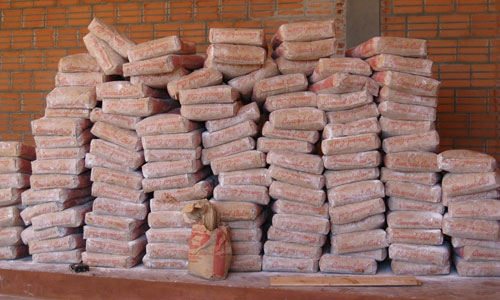
While the real estate industry bodies, both CREDAI and NAREDCO, have approached the CCI alleging cement cartels hoarding to inflate prices, a CRISIL report says India’s cement demand has grown at a slow pace of 3% during April-October 2011.

Confederation of Real Estate Developers’ Associations of India (CREDAI)’s Kochi chapter is organising a two-day property expo, along with Times of India, starting tomorrow, Nov 18, at Regency Hall, Doha.
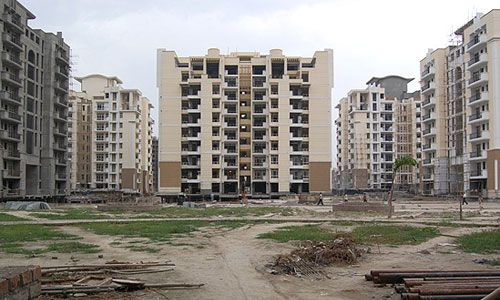
The NCR unit of CREDAI has given some relief to the home buyers of Noida Extension by directing all developers to not charge any interest on pending EMIs.
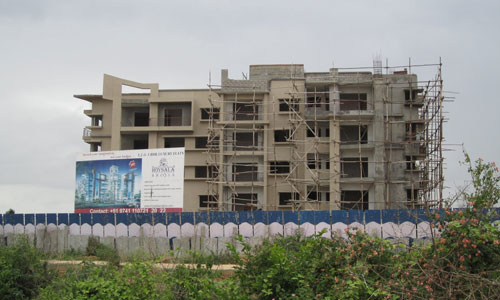
The long-pending legislation – Real Estate (Regulation and Development) Bill – that aims to infuse “accountability and transparency” in the realty sector, backed by stringent norms, is out in the public domain.

The Government will make public the draft Real Estate Regulation and Development Bill, 2011 for comments from stakeholders this week and may subsequently introduce it in the forthcoming winter session of Parliament.

Even as global economic slowdown and uncertainty in financial markets have battered the real estate industry countrywide, properties in Kolkata and Chennai bucked the trend with steady demand in affordable and mid-segment housing.

After CREDAI now real estate developers body NAREDCO has approached the CCI seeking intervention against the alleged cement cartelisation hitting real estate developers.
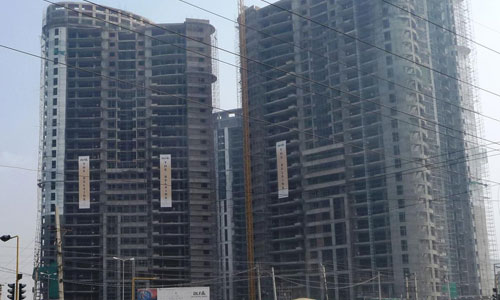
When the CCI alleged that DLF misused its dominant market position and imposed unfair conditions on home-buyers of two of its many projects, the real estate fraternity, legal experts and others strongly questioned the basis of the CCI order.
